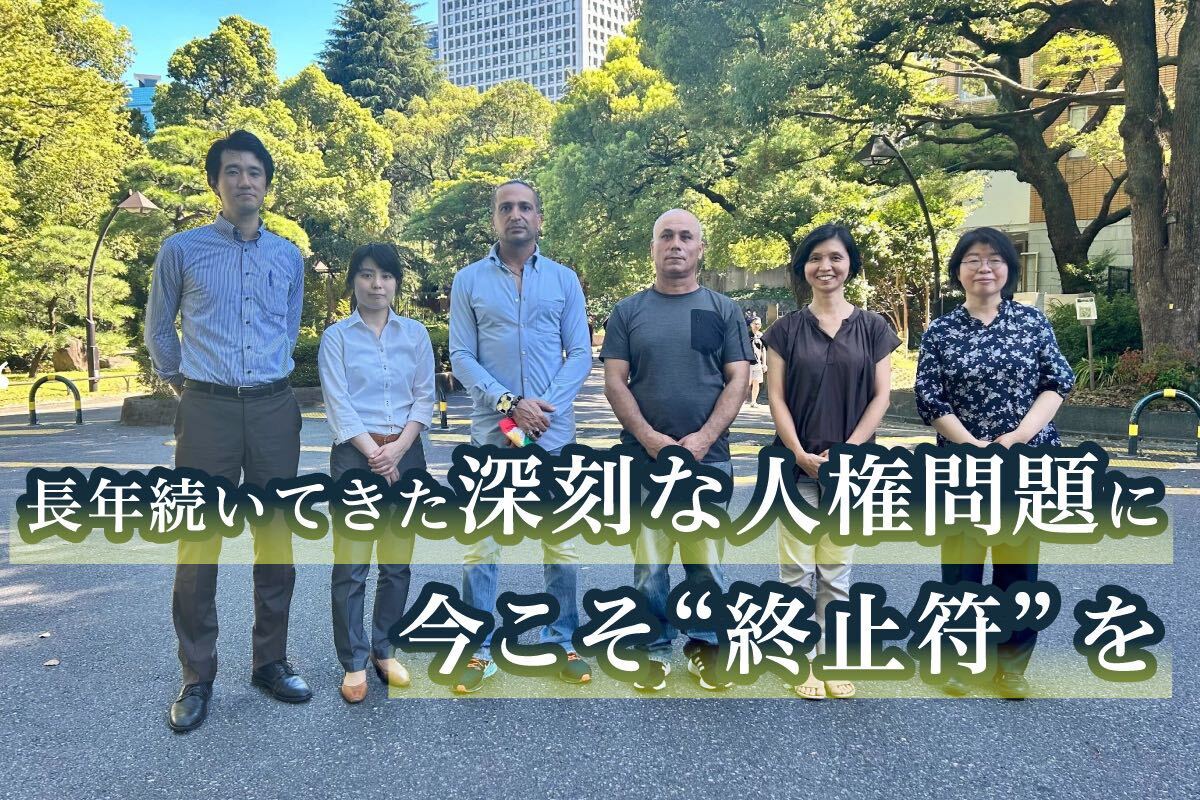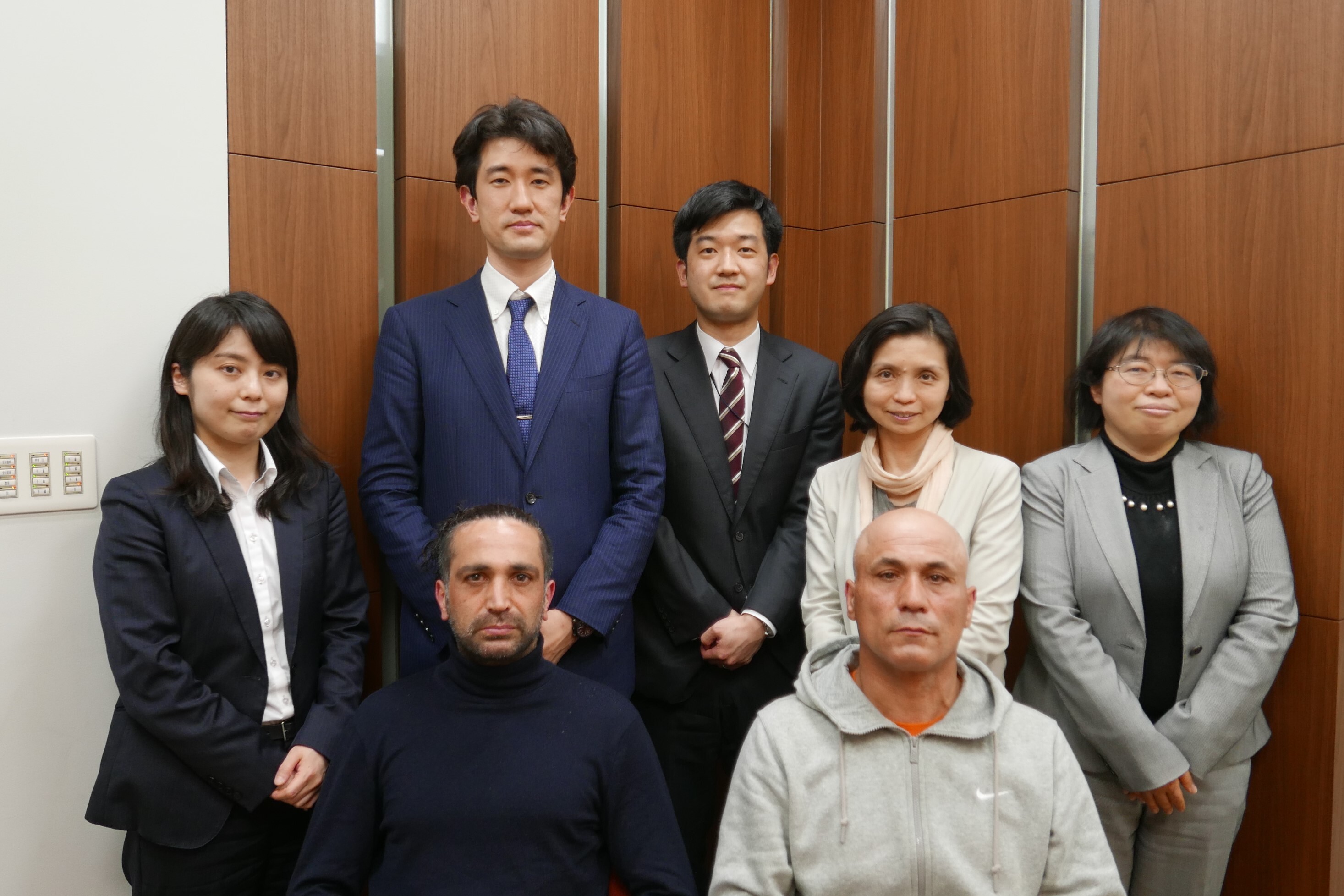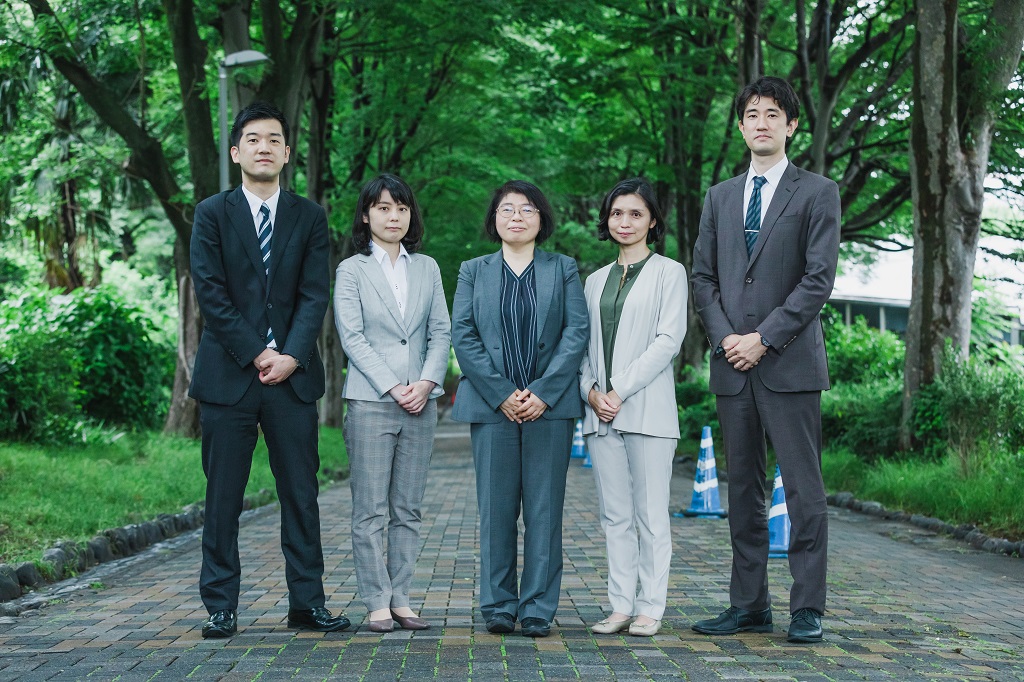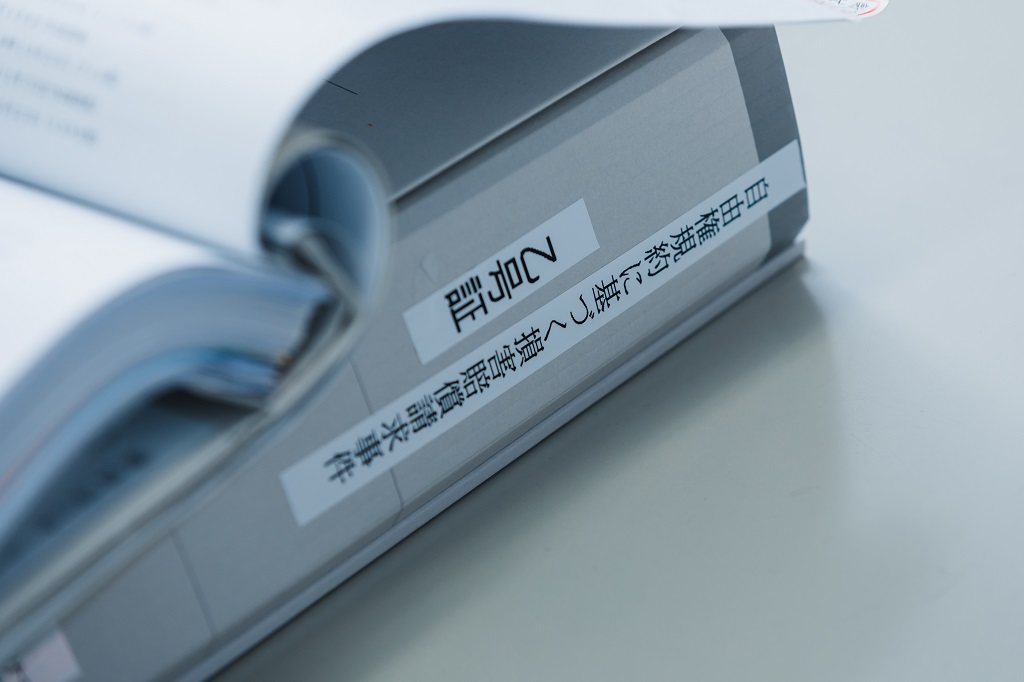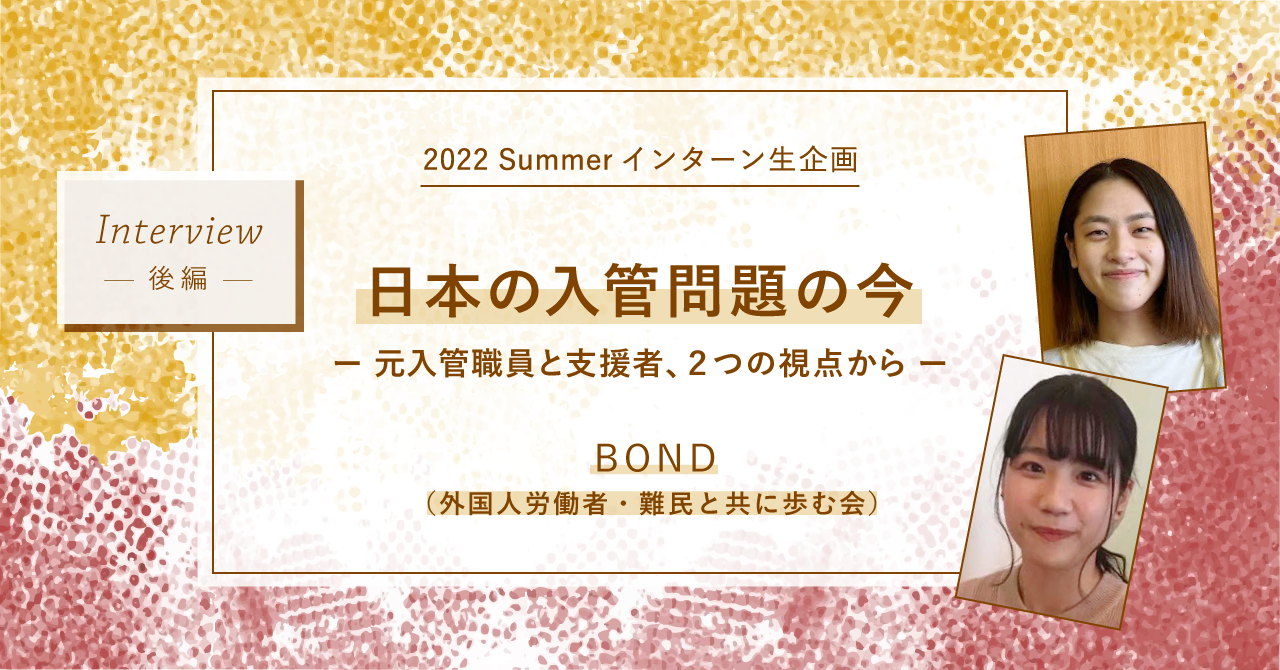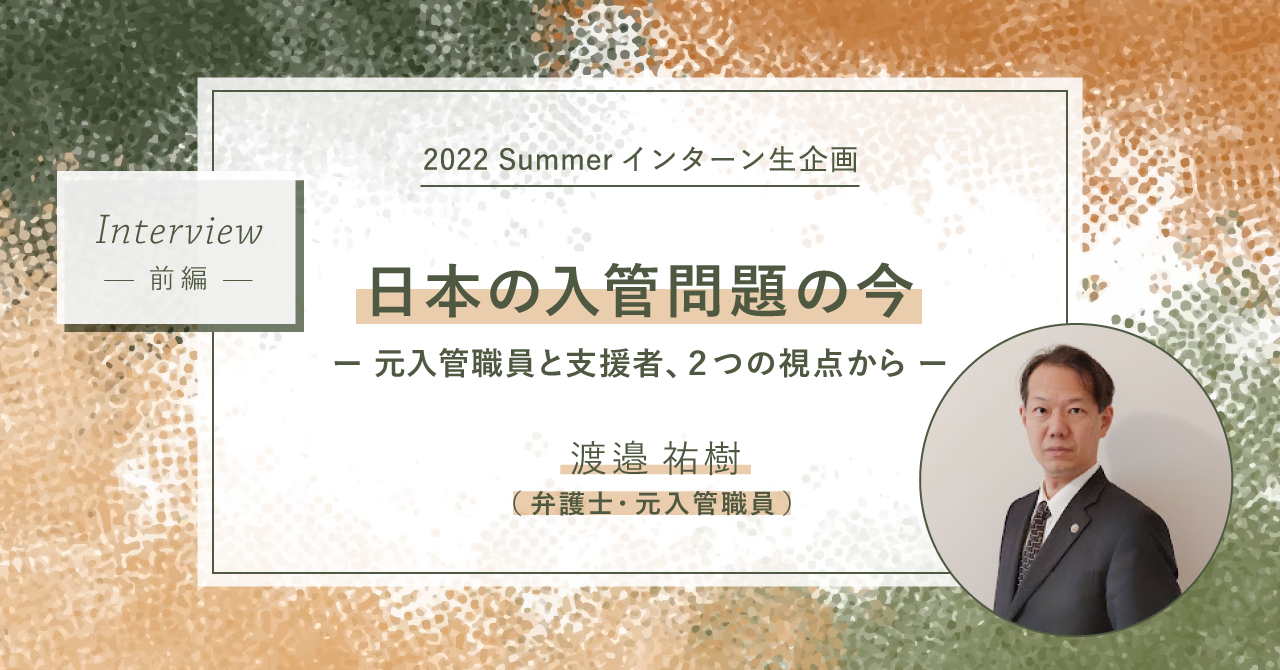2022年8月30日午後2時00分~ 第3回口頭弁論期日
東京地方裁判所民事第26部(大竹敬人裁判長)
--------
いつも温かいご支援をいただき有り難うございます。
第3回口頭弁論期日のご報告をいたします。
(これまでの流れ)
第1回期日において、原告は、被告の答弁書に対する「求釈明申立書」を提出し、被告に対して、答弁書の重要部分について、その意味を明らかにするよう求めていました。
ところが、被告が7月15日に提出した「被告準備書面(2)」は、原告が出した「求釈明申立書」の4つの質問のうち、1点目と、4点目について、はっきりと答えていない内容でした。
そこで、原告は、2022年8月23日に「原告第1準備書面」を裁判所に提出し、「求釈明申立書」の1点目と4点目の質問に被告が答えるよう、裁判所に対して釈明権の行使を求め、さらに、9条4項の解釈について、被告に根拠を示すように求めました。
ここまでが、第3回口頭弁論期日の前の流れです。
(第3回口頭弁論期日でのできごと)
まず、被告が「被告準備書面(2)」を陳述し、原告が「原告第1準備書面」を陳述しました(「訴状訂正申立書」も陳述)。
そして、原告代理人の小川弁護士が、「原告第1準備書面」の趣旨について、口頭で説明しました。
原告は、入管法が、自由権規約9条1項と、4項に違反していると主張しています。
これがどういう規範なのか、明らかにならなければ、裁判の判断ができません。
ところが被告は、自分たちの、9条1項と、4項の主張の根拠を、出していない。
政府として、入管法が自由権規約に反していないというなら、それをはっきり言ってください。
今も、入管で無期限に収容されている人がいます。
国民に対しての説明責任を果たしてください。
それをこの裁判で示してください。
次に、裁判長が、「釈明権の行使については、当事者の主張がはっきりしない場合に、釈明を求めます。主張について根拠を示すかどうかは、当事者の判断にゆだねます」と述べた上で、以下の3つの内容を言いました。
1点目は、「求釈明申立書」の1について、原告は選択肢を示して、どれかと尋ねているが、裁判所も、はっきりさせた方が主張としてかみ合うと思うので、明らかにしてほしい。
2点目は、「求釈明申立書」の4について、原告は、「収容が法律に定める理由及び手続による限り、自由権規約9条1違反は生じない、という意味か」と質問しているが、裁判所はそうは読めないので、これ以上は被告に求めない。
3点目は、9条4項の解釈の根拠を示す点については、裁判所は示した方が有益と考えるので、被告は検討をしてください。
原告代理人からは、2点目について、裁判所がどのように被告準備書面(2)を理解したのかわからなかったので、裁判長に理由を尋ね、若干のやりとりがありました。裁判所の理解としては、被告は「当該規定(※9条1項)は法律に定める理由及び手続によらない自由の剥奪を禁じていると解される」と主張しているが(答弁書51ページ)、だからといって「収容が法律に定める理由及び手続による限り、自由権規約9条1項違反は生じない」(原告求釈明申立書4点目)とまでは主張していない、ということだそうです。
この後の手続としては、2022年9月30日までに被告が上記3点に関する準備書面を提出し、第4回口頭弁論期日を10月4日11時30分から415号法廷にて行うこととなりました。
次回期日も、傍聴にお越しいただける方は、ぜひお越し下さい。
August 30, 2022, 2:00 p.m.- 3rd Oral Argument Date
Tokyo District Court Civil Division 26 (Presiding Judge Keito Otake)
--------
Thank you for your warm support.
We would like to inform you about the date of the 3rd Oral Argument.
(Previous flow)
At the first hearing, the plaintiff submitted a "statement of clarification" in response to the defendant's written answer, and requested the defendant to clarify the meaning of important parts of the written answer.
However, the "Defendant's brief (2)" submitted by the defendant on July 15 clearly clarifies the first and fourth points of the four questions in the "Plaint for clarification" submitted by the plaintiff. It was something I didn't answer.
Therefore, on August 23, 2022, the plaintiff submitted the "Plaintiff's First Briefing" to the court, and requested the court to have the defendant answer the first and fourth questions of the "Written Request for Clarification". The court requested the defendant to exercise the right of explanation under the Code of Civil Procedure, and further requested the defendant to show the grounds for the interpretation of Article 9, Paragraph 4.
This is the flow before the third oral argument date.
(What happened on the date of the 3rd oral argument)
First, the defendant stated "Defendant's brief (2)", and the plaintiff stated "Plaintiff's first brief" (also stated "Plaint correction petition").
Then, Attorney Ogawa, the plaintiff's attorney, verbally explained the purpose of the Plaintiff's First Briefing Document.
The plaintiff alleges that the Immigration Control Act violates Article 9, Paragraphs 1 and 4 of the ICCPR.
Unless it is clarified what kind of norm this is, the judgment cannot be made.
However, the defendants have not provided the grounds for their assertion of Article 9, Paragraphs 1 and 4.
If the government says that the Immigration Control Act does not violate the ICCPR, please state it clearly.
Even now, there are people who are detained indefinitely at immigration.
Please be accountable to the public.
Show it at this trial .
Next, the presiding judge said, "Regarding the exercise of the right of explanation, if the parties' claims are not clear, we will seek explanations. Whether or not to show the grounds for the claims is left to the judgment of the parties." , said the following three contents.
Regarding the first point, the plaintiff has shown the options and asked which one of the "Petition for clarification", but I think that the court will also agree with the claim if it is clarified, so please clarify.
Second, regarding 4 of the petition for clarification, the plaintiff asked, "Does this mean that Article 9, 1 of the ICCPR will not be violated as long as the detention follows the reasons and procedures stipulated by law?" However, the court cannot read it that way, so it does not ask the defendant any more.
As for the third point, the court believes that it would be beneficial to indicate the grounds for the interpretation of Article 9, Paragraph 4, so the defendant should consider this.
Regarding the second point, the plaintiff's attorney did not understand how the court understood the defendant's brief (2), so he asked the presiding judge the reason, and there was some exchange. According to the court's understanding, the defendant argued that "this provision (*Article 9, Paragraph 1) is construed as prohibiting deprivation of liberty without the grounds and procedures stipulated by law" (Reply 51 page), but it seems that he does not claim that "as long as the detention follows the reasons and procedures stipulated by law, there is no violation of Article 9, Paragraph 1 of the ICCPR" (4th point of the plaintiff's request for clarification). is.
As for the subsequent procedures, the defendant will submit a brief on the above three points by September 30, 2022, and the fourth oral argument will be held at Court No. 415 from 11:30 on October 4. I was.
If you are able to attend the hearing on the next date, please do so.
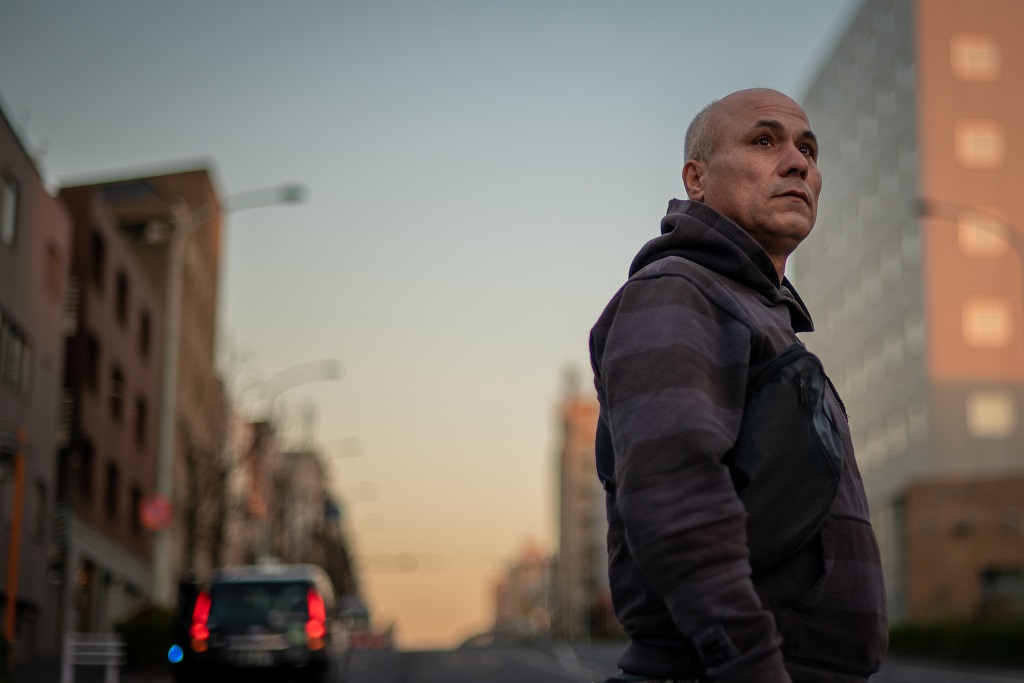
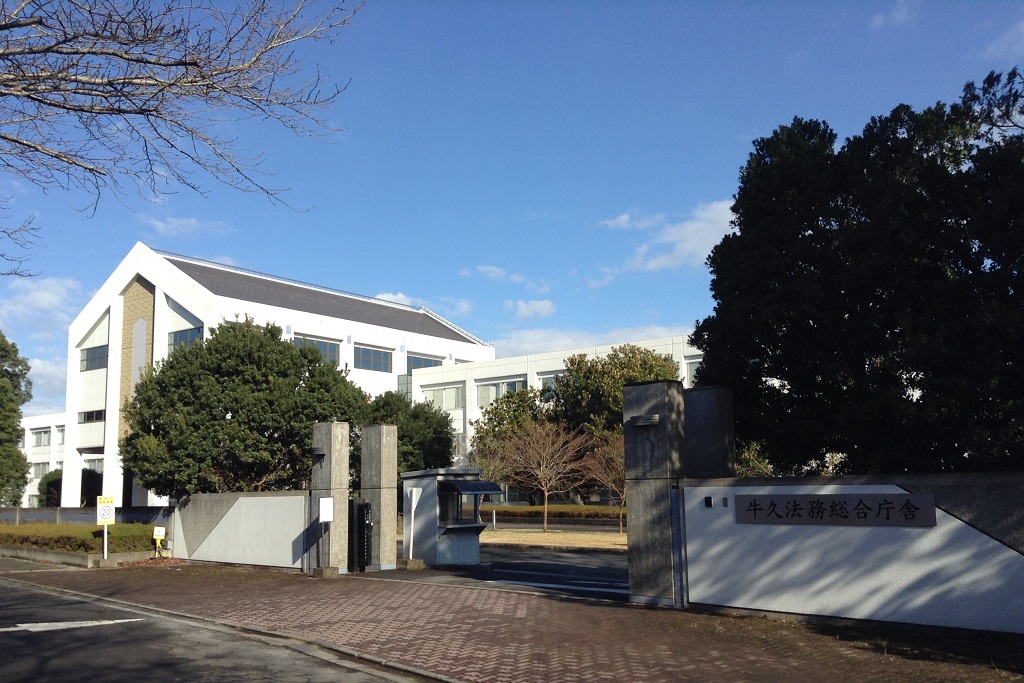 2023. 2. 28自分の国に帰れないから、助けてとお願いしている。ただそれだけで、同じ人間だから難民申請中のイラン国籍のサファリさんと、彼を支える駒井弁護士のストーリー2023. 2. 28続きはこちら Click here to read more.
2023. 2. 28自分の国に帰れないから、助けてとお願いしている。ただそれだけで、同じ人間だから難民申請中のイラン国籍のサファリさんと、彼を支える駒井弁護士のストーリー2023. 2. 28続きはこちら Click here to read more.
 2023. 2. 28I am asking for help because it’s impossible for me to return to my home country. That’s the only thing that differentiates me from you as a human being.Story of a refugee from Iran, Safari, and his lawyer, Ms. Komai2023. 2. 28続きはこちら Click here to read more.
2023. 2. 28I am asking for help because it’s impossible for me to return to my home country. That’s the only thing that differentiates me from you as a human being.Story of a refugee from Iran, Safari, and his lawyer, Ms. Komai2023. 2. 28続きはこちら Click here to read more.